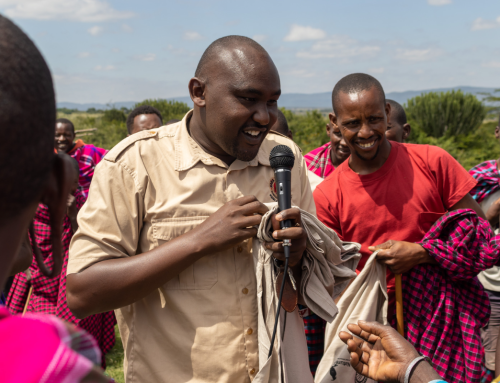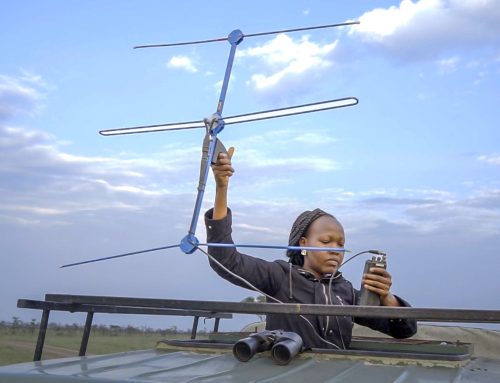August 10th is World Lion Day, a day when all people across the world come together to raise awareness on the conservation of the king of the jungle. We would like to recognize the crucial role that communities play in the conservation of lions.
At Mara Predator Conservation Programme, every day is Lion Day for us. Since 2013, we have worked with communities to conserve lions.
So, why conserve lions?
During the last century, Africa’s large carnivores have undergone massive declines, largely due to human activity. Lions are no exception – compared with their historic range, lions (Panthera leo) have lost 75%. In 1980 there may have been as many as 75,000 lions, while today it is likely that there are only between 20,000 and 30,000 free roaming lions. East Africa is home to around 60% of Africa’s lions, but some studies suggest that this population may decline by as much as 50% over the next two decades. Historically, European colonists contributed to these declines, while nowadays, growing human populations out-compete carnivores for space and resources. By the end of the 21st century, Africa’s human population may increase threefold, to around 5.7 billion, which will cause further declines unless effective conservation programmes are implemented. We believe that communities play a very critical role in the success of any lion conservation initiatives.
Conservation initiatives involving communities
Recognizing the impacts that human activities have on the conservation of lions, we have come up we a number of initiatives aimed at ensuring that humans and lions coexist. The key interventions include:
- Wildlife Clubs – we engage school children in a compelling manner thus creating positive long-term perceptions towards lions
- Anti-poison campaigns – we engage communities with an aim of discouraging the use of toxic chemicals to kill predators
- Community Barazas – we hold informal meetings with the community members with an aim to understand their perceptions towards lions and also come up with workable solutions to mitigate human-wildlife conflict
- Construction of predator-proof bomas – we have helped communities construct strong bomas made from recycled plastics which deter predators from attacking livestock
To better understand our approach, watch this video done a while back in collaboration with WWF Kenya
The success
Over time, we have witnessed a positive change towards lions among the community members. We have seen a decline in reported cases of human-lion conflict. The school children are more involved in conservation as they continue to broaden their knowledge of conservation. Predator-proof bomas have helped reduce the cases of livestock depredation.
As we celebrate this Lion Day, we would also like to celebrate the communities that have made the conservation initiatives worthwhile.
[/fusion_text][/fusion_builder_column][/fusion_builder_row][/fusion_builder_container]





Leave A Comment